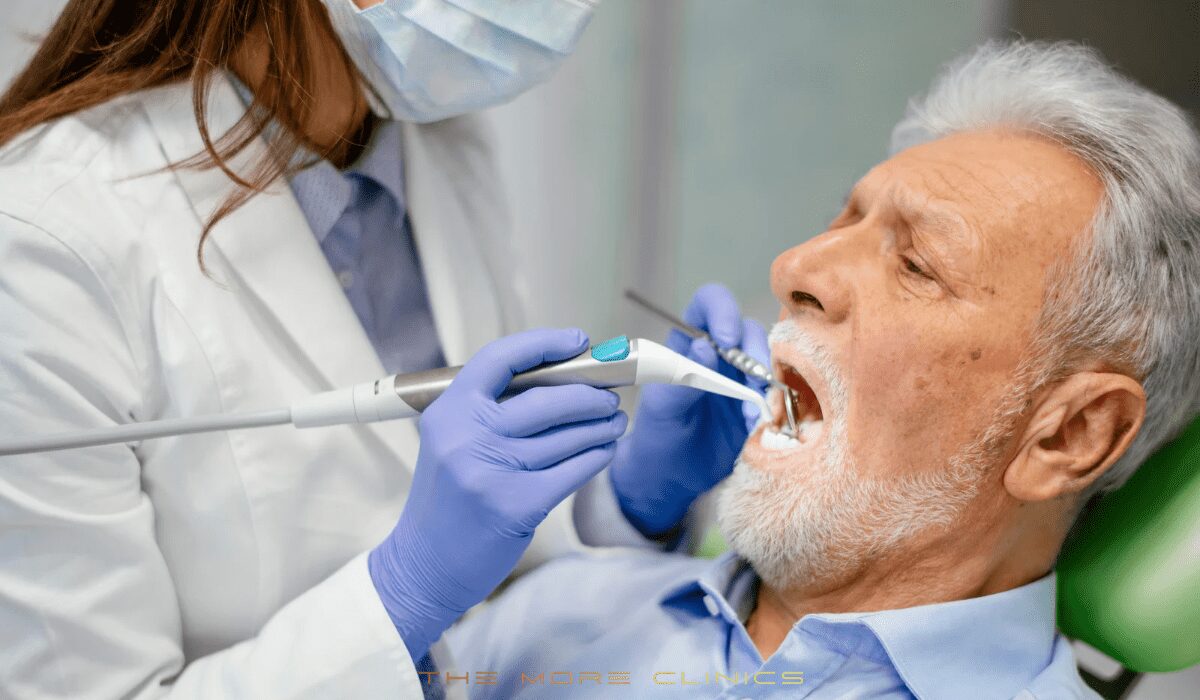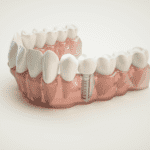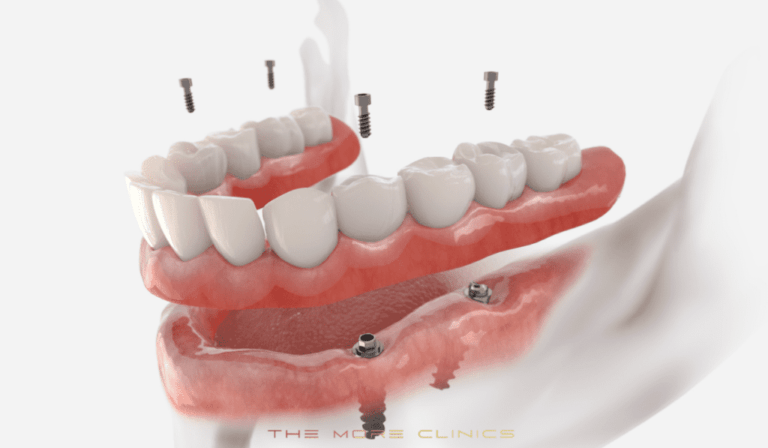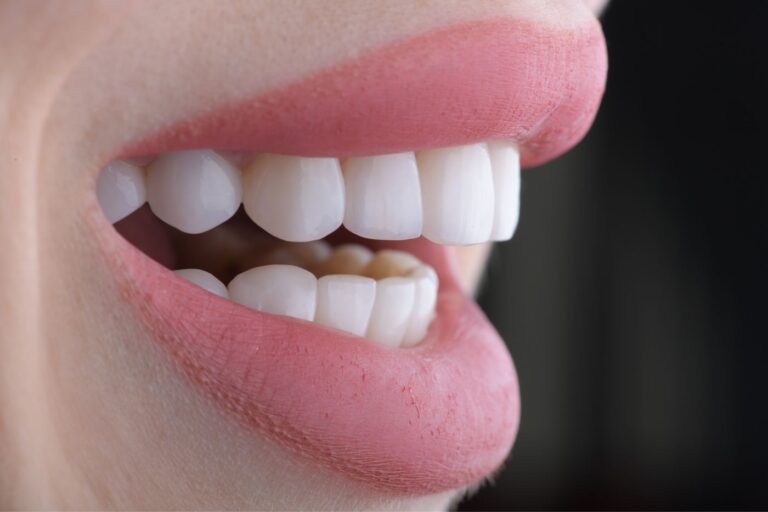Dental Implants With Bone Loss
Are you considering dental implants but worry that bone loss could stand in the way? There are a few options available for patients suffering from bone loss who still want the benefits of implants. In this blog post, we’ll explore what the process looks like and provide insights into whether or not dental implants with bone loss is possible. Read on to learn more!

The importance of bone in dental implants
Dental implants have become a popular solution for those seeking to improve their smile and oral health. However, many people don’t realize the crucial role that bone plays in the success of these implants.
The bone acts as a foundation and anchor for the implant, providing it with the stability and support it needs to function properly. Without adequate bone, the implant may not integrate properly, leading to complications and potentially even failure.
If there is not enough bone structure for the implant to attach properly, then a course of bone grafting is often recommended. Learn more about Dental Bone Grefting.
How bone loss affects your mouth?
When the bone density decreases, the jawbone also loses support, resulting in loosening of teeth, increased spacing, or even tooth loss. This condition is called osteoporosis, and it can have adverse effects on dental procedures, including dental implants and orthodontic treatments.
Additionally, our mouths become more susceptible to infections like gum diseases, which can further affect bone density. Therefore, it is essential to maintain good oral hygiene, a balanced diet, and regular checkups with your dentist to prevent any potential bone loss and keep your teeth healthy for a long time.
Options of dental implants with bone loss
The traditional option involves a titanium implant that is surgically placed into the jawbone and eventually fuses with the bone for a secure fit. However, there are also mini dental implants that are less invasive and work well for replacing small teeth or for stabilizing dentures.
Another option for dental implants with bone loss is the All-on-4 system, which uses four strategically placed implants to support a full set of replacement teeth.
Another great option is Zygomatic implants (Cheek Bone- Zygoma), used in severe bone loss situations.
Last Words from the More Clinics Turkey
While bone loss can have a myriad of negative effects on your mouth and surrounding teeth, there are many options to consider when it comes to dental implants with bone loss.
Our specialists at the More Clinics Turkey is highly experienced and dedicated to providing top-notch dental care. With in-depth knowledge of dental implants procedure, our specialists are committed to delivering optimal results tailored to individual patient needs. Contact us today to learn more and let us schedule your free consultation!
GET A FREE CONSULTATION!
Let’s Start Planning Your Treatment %100 Guarantee Results.

Medically Reviewed by Mehmet Can Kılınçaslan who specialized on Periodontology and Implantology






